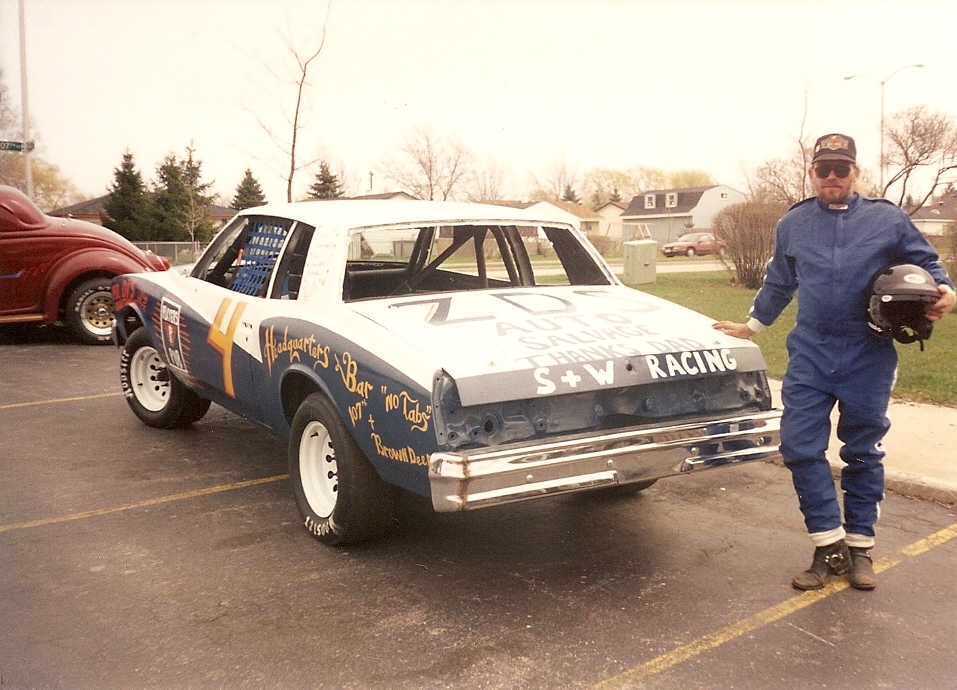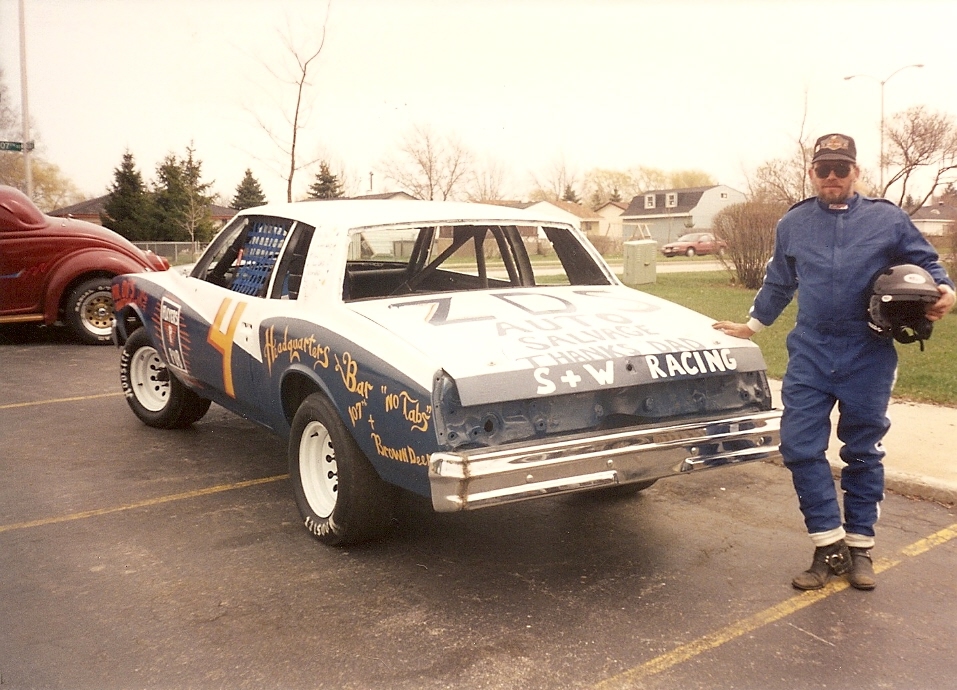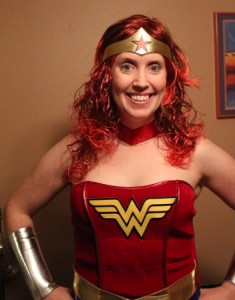
I believe we join an interesting club when we lose a parent through death. Until you join this club, it’s a tough journey to understand–and no one else’s journey will be exactly like yours. Today is the 15-year anniversary of my father’s passing; he died suddenly and unexpectedly at age 48 of a heart-attack… that’s an age that is eight years away for me and tough to imagine.
I’ve learned so many valuable things through my father’s passing and through several other losses, I keep returning to my experiences on this journey, what I usually share with people willing to discuss and listen, and what I’ve been finding important to my grief coaching clients. There are multiple learnings, but I continue returning to the following four.
1. Be at peace with where you’re at with your parents.
This is probably the biggest one. If your parents still on the planet, have you said and done what you need to feel at peace? If they’re on the Other Side, have you said and done what you need to feel at peace? I can’t tell you what this may look like exactly for you. And it may not even involve actually talking to or seeing them. But how can you choose peace?
For me, it took telling my dad that he was a “shitty father sometimes”–on the, unknown to me, last Father’s Day I would share with him. It might sound awful, but in the last several months we had together after that Father’s Day, not knowing those were our last, something shifted. We actually talked more, and I was invited over more. Throughout my childhood and teens, I wrote him letters and expressed in phone calls what I needed to. I definitely wasn’t perfect in all I did, but somehow I feel I had a larger feeling of “no regrets.” Sure, I still have regrets. Overall, I sincerely tried to do and say all I needed with him to feel at peace. And I know how much he loved and supported me—he was my biggest fan with my writing, my calligraphy pens, my drawing, my crafting, star-gazing, camping and appreciating Nature.
2. Talk about your burial and funeral wishes, as well as organ donation and end-of-life wishes (ex. Do-Not-Resuscitate order), with loved ones. And get it on official documentation. Now.
My father’s loss is so significant for me, not only because my father left the planet, but also because at age 24-turning-25, I was suddenly solely responsible for all of his effects. I quickly needed to plan a funeral, approve which body parts could be donated, drain my already-little savings to pay for the initial things, prepare and sell his condo, sell his Harley Davidson, sell his car, save his ponytail from his mother who wanted to cut it off for the wake and funeral viewing, refuse his former girlfriend wanting his prized and bad-ass Harley Davidson leather jacket, and so forth. And I was in grad school with three jobs.
He didn’t have a will, and I hadn’t talked with him about what kind of burial he wanted; dealing with probate was challenging. I found a card in his wallet for a lawyer after he died; when I called her and mentioned this card find, she responded, “Oh, yes, your father was going to contact me about doing a will.”
3. Remember that while people can relate and have great intentions,
no one else knows “exactly” what you’re going through.
One of the most comforting things anyone said to me came from the mouth of the funeral director. After several days of managing things, organizing and planning, I arrived at the funeral home for the evening “wake”—an opportunity to allow friends, family and coworkers to view the body in the casket and pay respects to the deceased and the family. My face and body were showing my fatigue, overwhelm and I-will-cry-any-moment-please-watch-what-you-say.
I was still unloading items from a heavy box I’d just carried into the funeral home. My uncle beckoned me with impatience, “Come on, Erika, you and your brother and sister need to view the body now, before everyone else arrives.” That’s what did it. I had held it together all week and supported everyone else. False start as I proceeded to follow said uncle and enter the room where my father lay, when tears arrived like a slap, and I turned to hide the fountain coming from my face. I took a moment. And a breath.
After seeing my dad in the casket, with his ponytail and his dark jeans and a nice shirt with a vest (I also fought for my-father-will-not-wear-a-suit-because-that’s-not-him), the funeral director pulled me aside. “Erika,” he started, now putting his hand on my shoulder, “a lot of people are going to say they know exactly what you’re going through. They have good intentions. But no one knows exactly what you’re going through. Remember that. Take care of yourself.” He was so right, and I’ve loved those words and have shared those words ever since.
Honor your journey with grief. Remember that grief is cumulative.
4. Our parents indeed live on, even in death.
Even if you don’t believe in an afterlife as I do, our parents live on in us, in memories that helped create and shape us. At times we may even mistake people walking by for our deceased loved one. Reminders—maybe you call them “signs”—show up, almost as if to say, “I’m here” or “You have my support,” from your deceased one.
And, like it or not, we have some of our parents’ traits and mannerisms. We know others who exhibit some of these elements, and we’re triggered in painful ways or joyful ones. Spirit is sometimes a tough concept to grasp, but whether it’s God, the Universe, Allah, Aai, Great Mystery or something else, there is something about the essence left by someone who dies. And I believe we can communicate with our deceased ones. And all of us can do so, if we wish, believe… and ask—and know our deceased may not always communicate in ways we expect. Just have the conversation, perhaps whether you believe or not. Why not? Some of my own experiences are noted in the related blog posts listed below.
Honestly, I don’t know what kind of relationship I’d have now with my dad, had he lived. But I do have a relationship with him in Spirit, and it’s powerful. He shows up all the time, and I hear a lot of things from him. Pretty darn amazing and beautiful. I love my dad very much, and I miss not being able to call him about car things and repairs. His death is one of my biggest wounds and one of my biggest opportunities. I attribute his death and my experience largely to why I moved to Colorado (nearly 13 years ago now) and why I am a certified grief coach.
One of the safest places I have ever known was my father’s chest; leaning on and falling asleep on his chest as a young girl, about ages one to three, and hearing his heartbeat comforted me unbelievably then and still resonates safety for me now.
© Erika M. Schreck, 2015. All rights reserved.
Other Closely Related Blog Posts You May Enjoy,
written in earlier days by Erika M. Schreck
+ “Beautiful and Necessary Grief Healing: Death, Reinvention and Support”
+ “Live for No Regrets… with Loved Ones”
+ “Father’s Day is What We Make It”
+ “Sensing Our Dearly Departed Loved Ones”
+ “My Take-Aways from the Movie Hereafter“
+ “How Do You Commemorate Your Deceased Loved Ones?”
one of my most popular posts of all time!
+ “Taking the ‘Me’ out of Mediumship”


![Read more about the article Practicing Maitri [Unconditional Friendship with Oneself]](https://www.turtlehealingenergy.com/wp-content/uploads/2017/06/heart-shaped-green-calcite_smaller-size-image-300x225.jpg)
